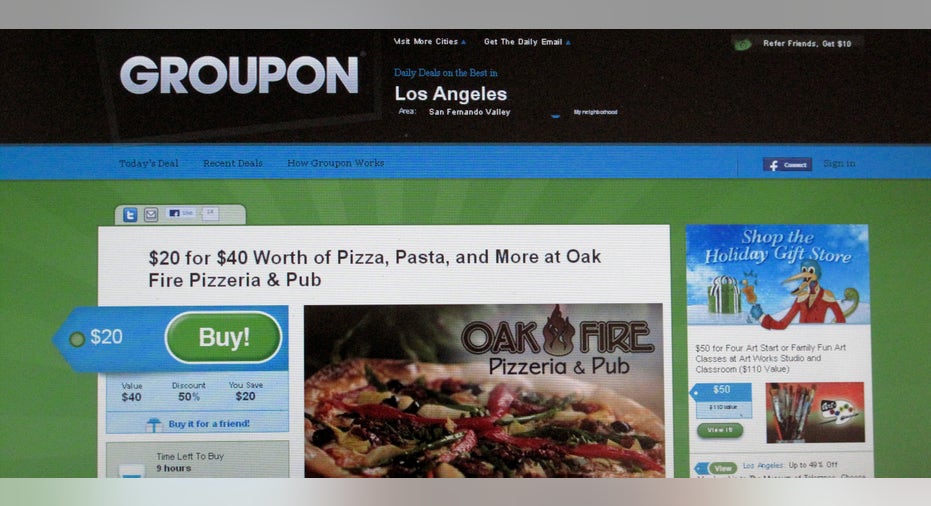Don't Fall Victim to Daily Deal Fatigue

It’s hard to pass on a good deal, and the proliferation of daily deal sites has consumers getting bombarded with online coupon offers and deals throughout the day making it difficult to distinguish an applicable good deal from a flashy one.
While daily deals can offer significant savings, it is easy for consumers to get lured in and act more on impulse and spend money on items and services they don’t actually need.
Groupon claims it has sold 22 million deals in the United States as of 2011, as consumers increasingly conduct the majority of their shopping online. In fact, according to internet marketing research company ComScore, online spending surge 14% in 2011's final quarter to hit $49.7 billion.
“Recently, I think a lot of consumers have been feeling ‘daily deal fatigue’, says consumer savings expert Andrea Woroch. “They get pressured by emails and deals. It’s confusing and people have realized through the hard way that they’re probably spending way too much money on things they don’t need or will never end up using.”
Here are some expert tips on how to sort out the best deals for your lifestyle, and how to get the best use out of your purchases
Not all Deals are Created Equal
Just because something is on sale should not be the sole justification for making a purchase.
“You have to ask yourself whether you would you have made this purchase otherwise,” says Michael McCall, professor of marketing and law at Ithaca College.
McCall also warns of falling for the exclusivity that deal sites often try to portray. “The consumer gets a discount, but if you’re not a member then you’re going to pay a different price- there’s a certain notion of feeling special,” says McCall.
To help evaluate when an offer is truly a good deal, Jill Cataldo, founder of SuperCouponing.com, suggest monitoring different sites and tracking the discounts. “The more time spent on these sites, the more you’ll know when those good deals come around, and it really is worth waiting for them.” She suggests monitoring social networking sites to find out what others are buying to find valuable coupons.
Cataldo says she considers a discount of 50% or higher a worthwhile deal if it fits into your lifestyle and will be easily used.
For instance, a boat ride across New York Harbor for $100, instead of $200 might sound like a great deal, but if you’re a family of four, when you factor in babysitter costs, food and transportation, the end result may not turn out to be much of a value.
Click With Care
The count-down clock alerting you to how much longer the deal is available is the biggest culprit that leads innocent consumers to click away, says Karen Rodriguez, of savingthefamilymoney.com.
“The deals can have a short buying window, limiting consumers a chance to discuss with a spouse or friend, or research the product or location to establish true pricing.”
She suggests reading the fine print before you commit to buy. “Verify the locations it can be redeemed and the time frame you have to do so. Are there any other stipulations to the deal? ”
Maintain Your Deals
Many deals have expiration dates, and the more you purchase, the easier it can be lose track of and not use them.
“Have a system set up for remembering to use your daily deal vouchers. It’s a good idea to keep track of them by using a website that helps you organize them like Evernote, which syncs with all of your devices,” says Rodriguez.
Another great tip to maintain your daily deal purchases and online memberships to these sites is to create a separate email address to use specifically for this purpose, suggests Woroch.
If you do happen to miss the time length for the deal usage, it’s not completely hopeless. Some companies that offered the deal recognized the purchase price if it is expired.
“The nice thing to know is that for most of these sites, in spite of the designated time length to use it, the certificate is still good for the cash value you originally purchased it for,” says Woroch.



















